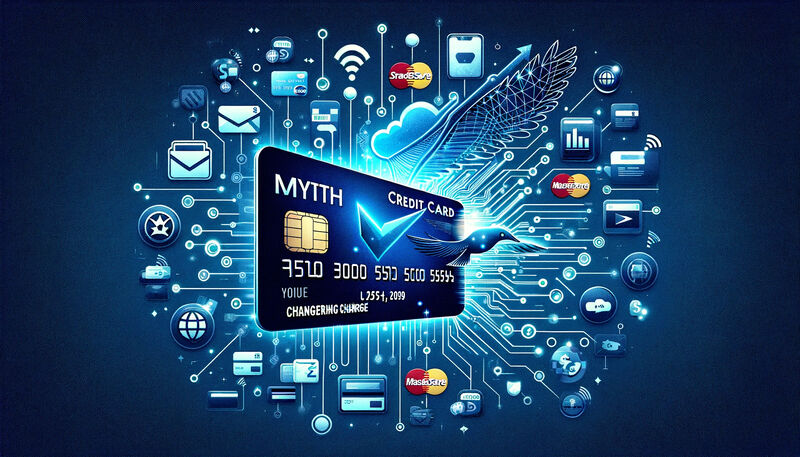Changing Your Credit Card May Not Stop a Streaming Service's Recurring Charges

Millions of Americans subscribe to various streaming services, spending between $5 to $75 monthly. A common misconception is that changing your credit card details will automatically cancel these subscriptions. However, this belief is far from reality.
In 2022, Forbes reported that nearly 46% of Americans had opened a new credit card, leading to the cancellation of old ones. Yet, switching cards doesn't halt payments to streaming services like Netflix; instead, these services continue charging the new card due to a largely unknown banking mechanism.
Introduced by Visa in 2003, the Visa Account Updater (VAU) service ensures continuous payment processes by automatically updating card details for subscribed merchants when a new card is issued. This network includes major card providers and works across various corporations, seamlessly updating payment details without consumer intervention.
While VAU is marketed as a convenience to avoid service interruptions, such as for utilities and internet bills, it also binds consumers to potentially unwanted subscriptions. Major companies like Netflix, Amazon, and Disney benefit from uninterrupted payments, reinforcing the cycle of continuous charges.
Visa promotes VAU as a solution that benefits all parties involved in the electronic payment process, enhancing efficiency and reducing costs. However, this service remains largely unknown to consumers, many of whom are unaware they are automatically opted into this tracking system.
Despite the benefits touted by Visa, the reality is that VAU can perpetuate endless payment cycles, making it challenging to cancel recurring charges. Consumers must actively contact companies to stop payments, a task made more difficult by the opaque nature of credit card tracking services.
The evolution of credit card auto-updating services like VAU reflects broader trends in consumer finance, where ease of access and continuity of service are prioritized at the potential cost of consumer control over personal finances. Understanding these mechanisms is crucial for managing financial commitments and ensuring personal agency in digital transactions.

